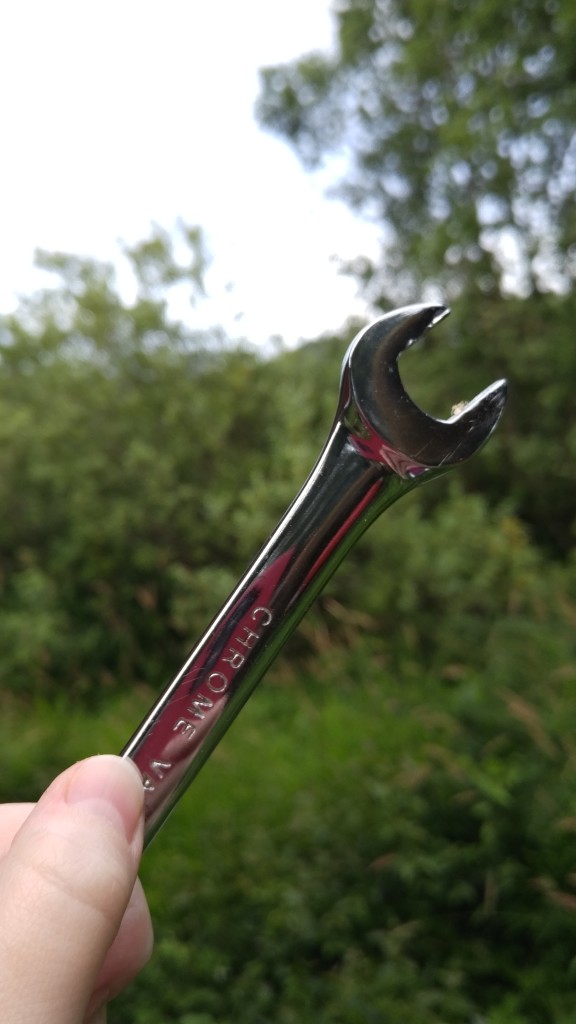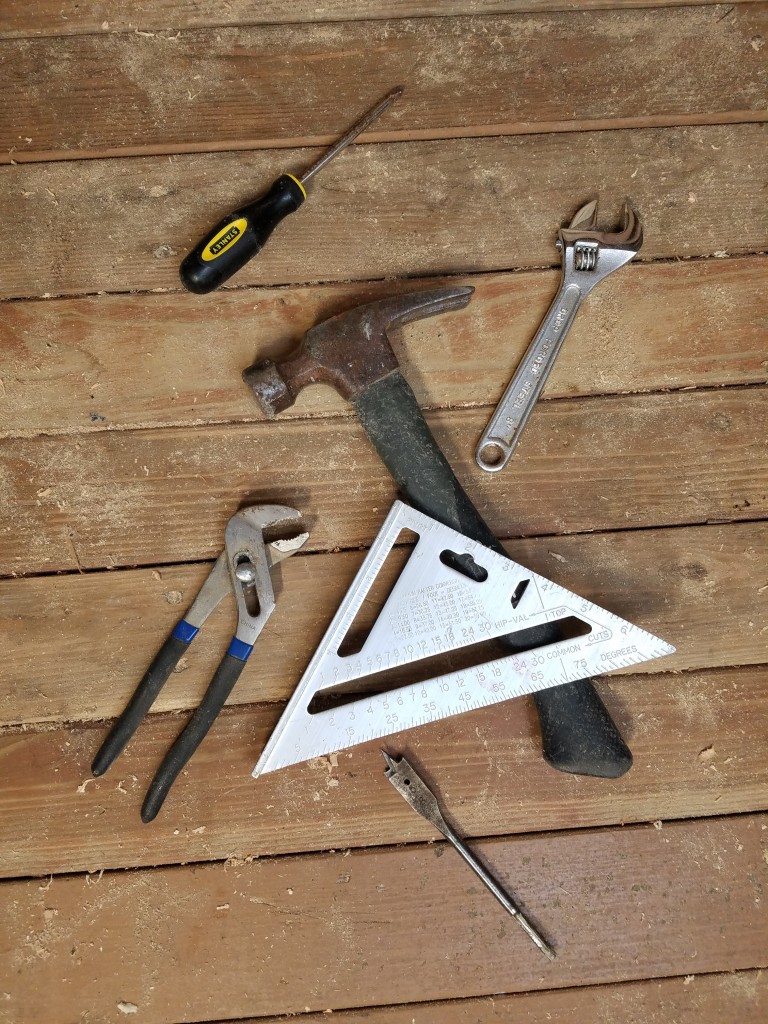
This is a sponsored post.
If you’re anything like me, the sunny days of summer have got you thinking about how you can beautify and improve the exterior of your home. If you’re planning any improvements for your yard or the outside of your house this year, then make sure you read these four tips to make your project go as smoothly as possible!
1. Take Stock
When you own a home, it can seem like the “Honey-do” list is endless. Something is always in need of repair or upgrade, and there are always things you’d like to add on or improve. The best way to keep homeowner overwhelm at bay is to go outside with a notebook and walk around the perimeter. Write down everything that needs doing: Does the gutter need to be replaced? Would you like to add a concrete pad to store your grill on? Is the paint peeling? Write it all down, then review your list and start prioritizing. Are there small repairs you can do now that will prevent larger projects later on? Is there something you could add on now that would make this summer more enjoyable? Think about what’s urgent, what’s important, and what you have the budget for.
2. Get Inspired
Once you have an idea of what area you’re going to tackle, it’s time to start kicking around ideas. How do you envision your home looking once this improvement is done? What does your dream home look like? It can be a lot of fun to flip through home improvement and interior design magazines to get ideas of what’s out there – and of course, the Internet is a wealth of unlimited possibilities! Pinterest and YouTube both have some amazingly creative ideas, and Decks & Docks Lumber Company has a drool-worthy project gallery with examples of beautiful decks, outdoor lighting, and cozy docks for waterfront property. These visual aids can be a big help for narrowing down what you want, and seeing what the possibilities are!
3. DIY, or Hire a Guy?
Now that you know which project you’re tackling, you have to figure out how you want to approach it. Are you going to do it yourself, or hire a professional? This is where it’s important to do your homework and research, research, research! DIY can have its advantages, such as being more affordable, but not all projects can be done without help. Contractors charge what they do because they are so skilled in their profession, so make sure you weigh up the pros and cons and understand what you’re getting into either way.
4. Check the Weather
While summer generally brings good weather with it, this can vary depending on where you live. For example, here on the Oregon Coast, we’ll have rainy stretches even during summer months – this is why it’s so important to check the weather before you start your project. The last thing you want to do is start painting the exterior of your home right before a seven day rainy patch! You can’t control for all unexpected weather, but if you check the extended forecast before you get started, you can better plan your project to avoid interruptions and rain-soaked tools!
Are you tackling any exterior home improvement projects this summer?











